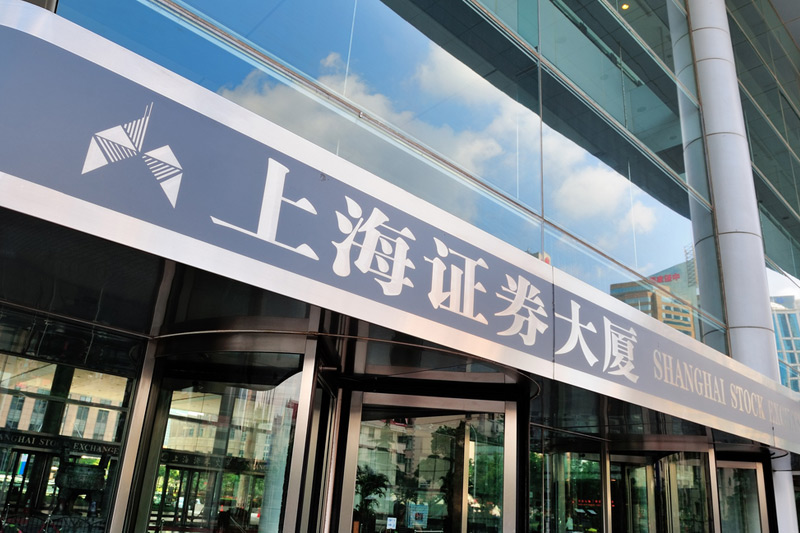(Bloomberg) -- China’s stock market is showing the world what happens when central banks and governments start exiting pandemic-era stimulus -- and it’s not pretty.
The CSI 300 Index has lost 15% since climbing to a 13-year high last month as concern about tighter monetary policy replaced optimism about the economic recovery. Like elsewhere, the rally had been led by investors chasing a small number of stocks, many of whom piled in at the top as a frenzy grew. Now the gauge is trailing MSCI Inc.’s global benchmark by the most since 2016 this month and the most popular mutual funds are getting crushed.
Central banks around the world are dealing with the aftermath of last year’s multiple interest-rate cuts and trillions of dollars in stimulus. Some, like the Federal Reserve and the European Central Bank, have said they’ll stick to their loose policies for now. Others are being forced to act by inflation risks. Brazil last week became the first Group of 20 nation to lift borrowing costs, with Turkey and Russia following suit. Norway is also turning more hawkish.
Investors in February began pricing in higher U.S. growth and consumer prices, bringing forward their opinion of how soon the Fed would be forced to raise interest rates. While that’s meant technical corrections in overpriced markets like the Nasdaq, none of the world’s stock benchmarks are falling faster than China’s.
“China’s stock-market rout may reveal the challenge for stimulus withdrawal globally given that China is ‘first in, first out’ in the pandemic,” said Peiqian Liu, a China economist at Natwest Markets in Singapore.
China has reasons to taper stimulus faster than other major economies. A tighter grip on the pandemic, a fixation with deleveraging, and a lack of investment choices for its citizens are some of them. But there’s little doubt the nation’s stock market has led the way since Covid-19 was first detected in the Chinese city of Wuhan.
As the virus began to take root in the first two months of 2020, the CSI 300 slumped 12%, while global stocks continued to climb to new highs. When the MSCI All-Country World Index began sinking a few weeks later amid evidence the virus was spreading globally, China’s stock market was already rebounding on optimism more stimulus was on the way. By July, the rally had made local equities among the world’s hottest. China’s index peaked on Feb. 10, having surged 65% from last year’s low, before tanking.
Analysts at Credit Suisse (SIX:CSGN) Group AG cut their recommendation of Chinese stocks to the equivalent of sell this week, saying the country’s markets are likely to “suffer a bigger payback” than others from the gains seen during the pandemic. That’s the brokerage’s second downgrade of Chinese equities in five weeks.
“We took our profit on China A-shares in early February, given the prospects of tighter domestic macro policies,” Jean-Louis Nakamura, Asia Pacific chief investment officer for Lombard Odier Darier Hentsch, wrote in a client newsletter this week.
The Communist Party has good reason to be concerned about excessive stimulus. When the global financial crisis hit in 2008, China turned to credit to bolster its economy. The resulting pile of debt to this day threatens the stability of the country’s financial system. Inflows into onshore stocks and bonds last year are also fueling concern among officials about distortions to asset prices, especially if the money starts to flow back out.
Lessons from the past mean there’s a greater focus in China on the risks caused by too much liquidity, both domestically and abroad. The government has revived a campaign to cut leverage that was shelved amid the trade war with the U.S., as well as efforts to limit the impact of “hot money.”
“China’s policy exit remains one of the most important uncertainties to its own recovery and financial markets ahead,” Li-Gang Liu, managing director and chief China economist at Citigroup Inc (NYSE:C)., wrote in a report this month.
©2021 Bloomberg L.P.
